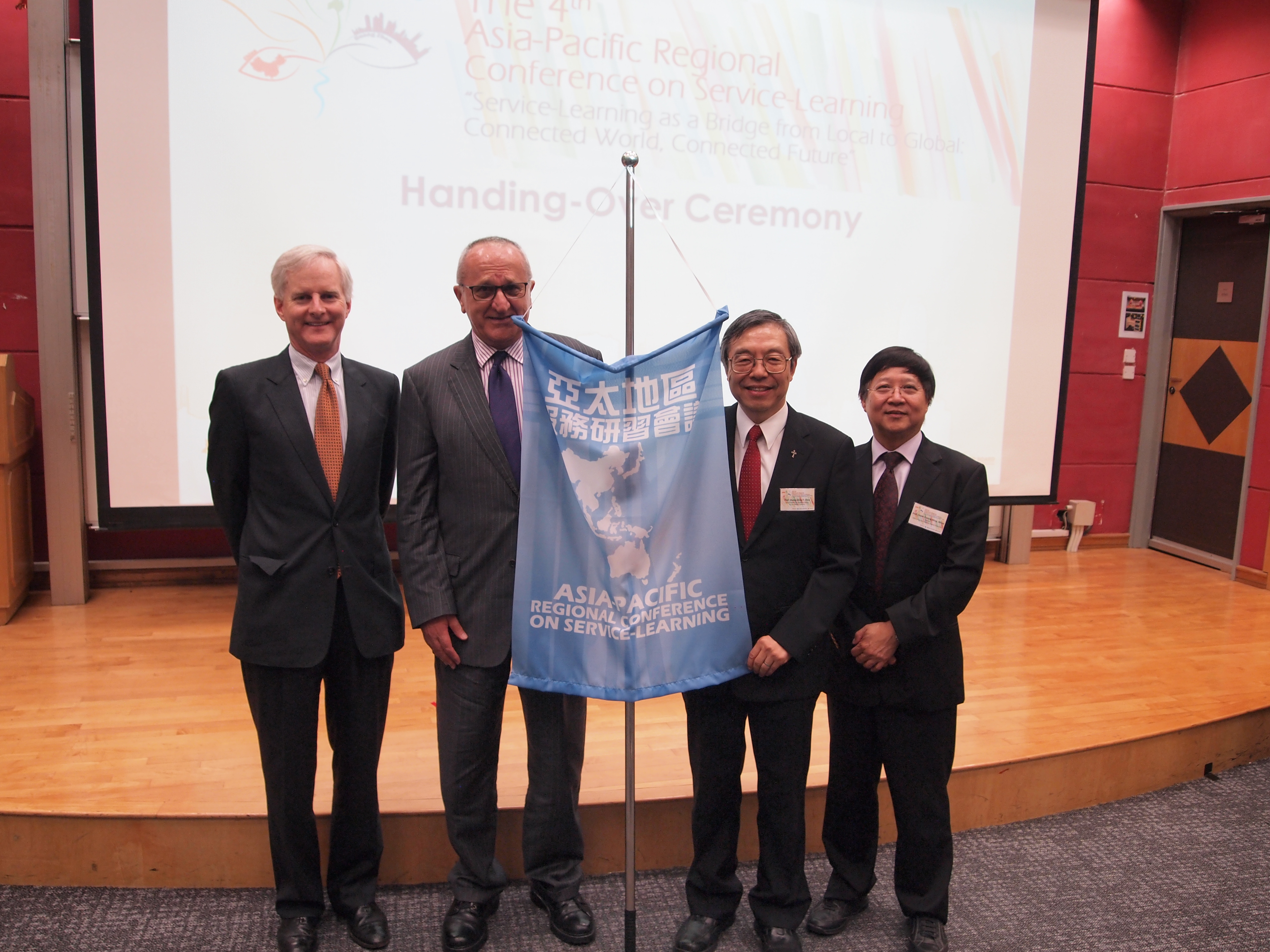Location
MD217, Paul Cardinal Shen Medical Building, Fu Jen University
Start Date
28-5-2015 1:30 PM
End Date
28-5-2015 2:40 PM
Description
Campuses in India for a long time were exclusive domains of the academia and the community usually featured only in extension activities. But of late the recognition of the importance of experiential learning and drive towards an interdisciplinary approach has brought the focus on networking with the community. Colleges are also keen to promote this endeavor as this also takes care of the social responsibilities of academic institutions.
One such initiative of Women's Christian College, was the local knowledge project which arose out of the Ecoliterature course of the English department. This program documented information about some of the lesser known facts of a few tribal communities in and around Chennai. This paper analyses the outcomes of this campus community partnership and its outcomes.
One of the major outcomes was the partnerships that we had with various NGO's to further this project. Most of the tribal communities have been exploited by the mainstream society and so are wary of sharing information with people other than the one's they trust implicitly. So the NGO's served as entry points. The NGO's in turn gained by their relationship with us as we shared all our photos and documented material with them. This would help the NGO's to submit projects to the government for the benefit of the tribal community.
The college became a repository of precious knowledge which was fast disappearing. Documentation of local knowledge was very essential as most of their valuable knowledge regarding nutrition, traditions and customs were fast disappearing. One could see the change just within two to three years. Most of the tribal communities in Kolli Hills had switched from a millet diet to rice which was supplied by the Government's ration shops. Their traditional thatched homes made from locally sourced materials were replaced by Government built brick and cement structures. Leaving behind their traditional occupations as hunter gatherers they were busy laying roads or working as construction laborers. The knowledge garnered was made available in a public domain globally through the web portal lkwcc.
The mutual dialogues, making public concerns visible has spurred initiatives and dialogues with the community. In 2012 the college adopted a village 50 km away from the campus at Tirukandalam which has about 50 Irula tribal families. All the departments on campus go there on a regular basis to conduct participatory action research which has brought in a new teaching learning methodology to all departments on campus.
Recommended Citation
Jasper, L. I., & Chandran, F. (2015, May). Community partnerships through local knowledge awareness: WCC initiative. Paper presented at the 5th Asia-Pacific Regional Conference on Service-Learning: Love Journey: Community Engagement through Service-Learning, Fu Jen Catholic University, Taiwan.
Included in
Community partnerships through local knowledge awareness : WCC initiative
MD217, Paul Cardinal Shen Medical Building, Fu Jen University
Campuses in India for a long time were exclusive domains of the academia and the community usually featured only in extension activities. But of late the recognition of the importance of experiential learning and drive towards an interdisciplinary approach has brought the focus on networking with the community. Colleges are also keen to promote this endeavor as this also takes care of the social responsibilities of academic institutions.
One such initiative of Women's Christian College, was the local knowledge project which arose out of the Ecoliterature course of the English department. This program documented information about some of the lesser known facts of a few tribal communities in and around Chennai. This paper analyses the outcomes of this campus community partnership and its outcomes.
One of the major outcomes was the partnerships that we had with various NGO's to further this project. Most of the tribal communities have been exploited by the mainstream society and so are wary of sharing information with people other than the one's they trust implicitly. So the NGO's served as entry points. The NGO's in turn gained by their relationship with us as we shared all our photos and documented material with them. This would help the NGO's to submit projects to the government for the benefit of the tribal community.
The college became a repository of precious knowledge which was fast disappearing. Documentation of local knowledge was very essential as most of their valuable knowledge regarding nutrition, traditions and customs were fast disappearing. One could see the change just within two to three years. Most of the tribal communities in Kolli Hills had switched from a millet diet to rice which was supplied by the Government's ration shops. Their traditional thatched homes made from locally sourced materials were replaced by Government built brick and cement structures. Leaving behind their traditional occupations as hunter gatherers they were busy laying roads or working as construction laborers. The knowledge garnered was made available in a public domain globally through the web portal lkwcc.
The mutual dialogues, making public concerns visible has spurred initiatives and dialogues with the community. In 2012 the college adopted a village 50 km away from the campus at Tirukandalam which has about 50 Irula tribal families. All the departments on campus go there on a regular basis to conduct participatory action research which has brought in a new teaching learning methodology to all departments on campus.
